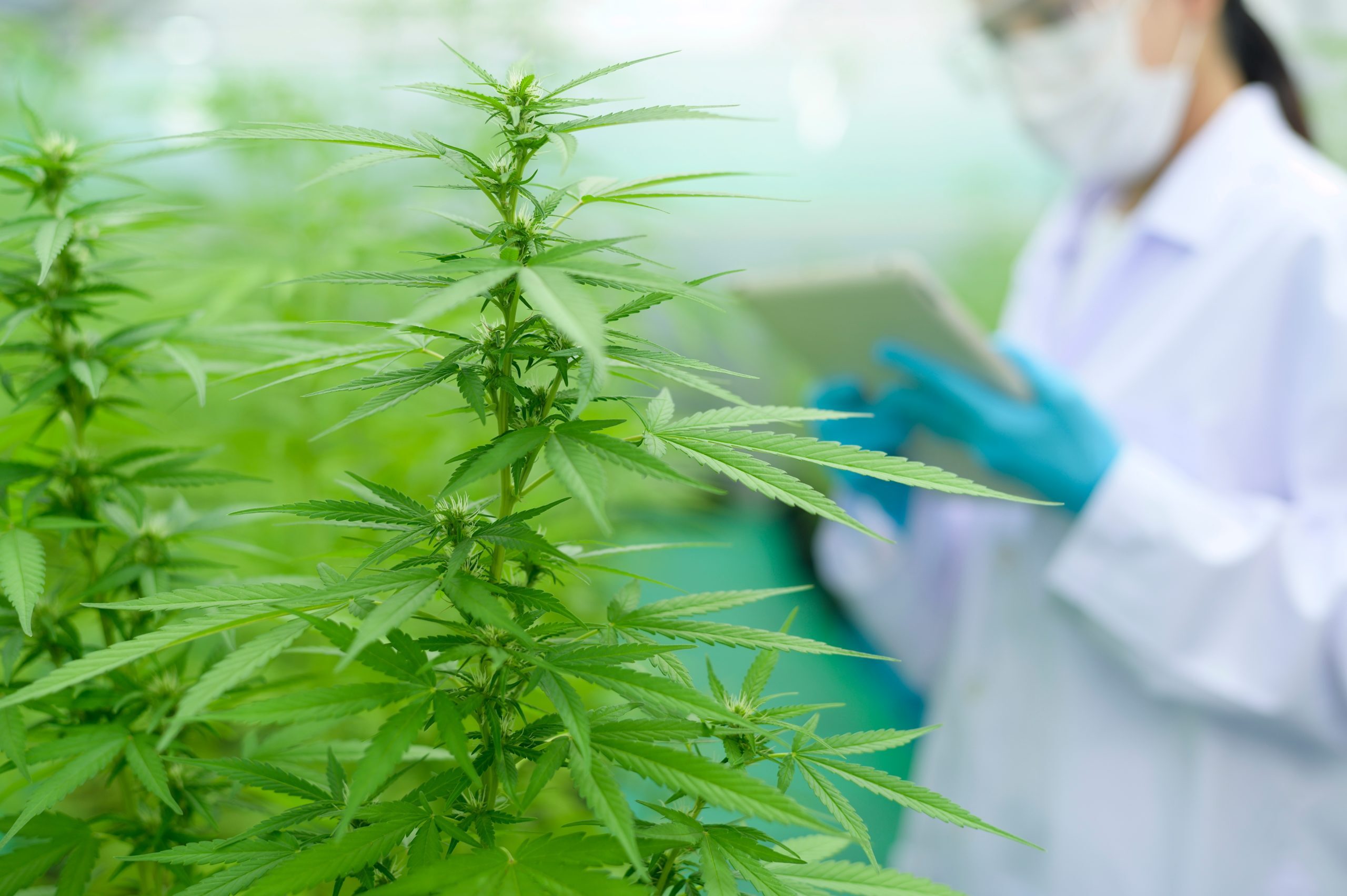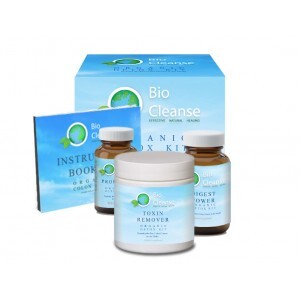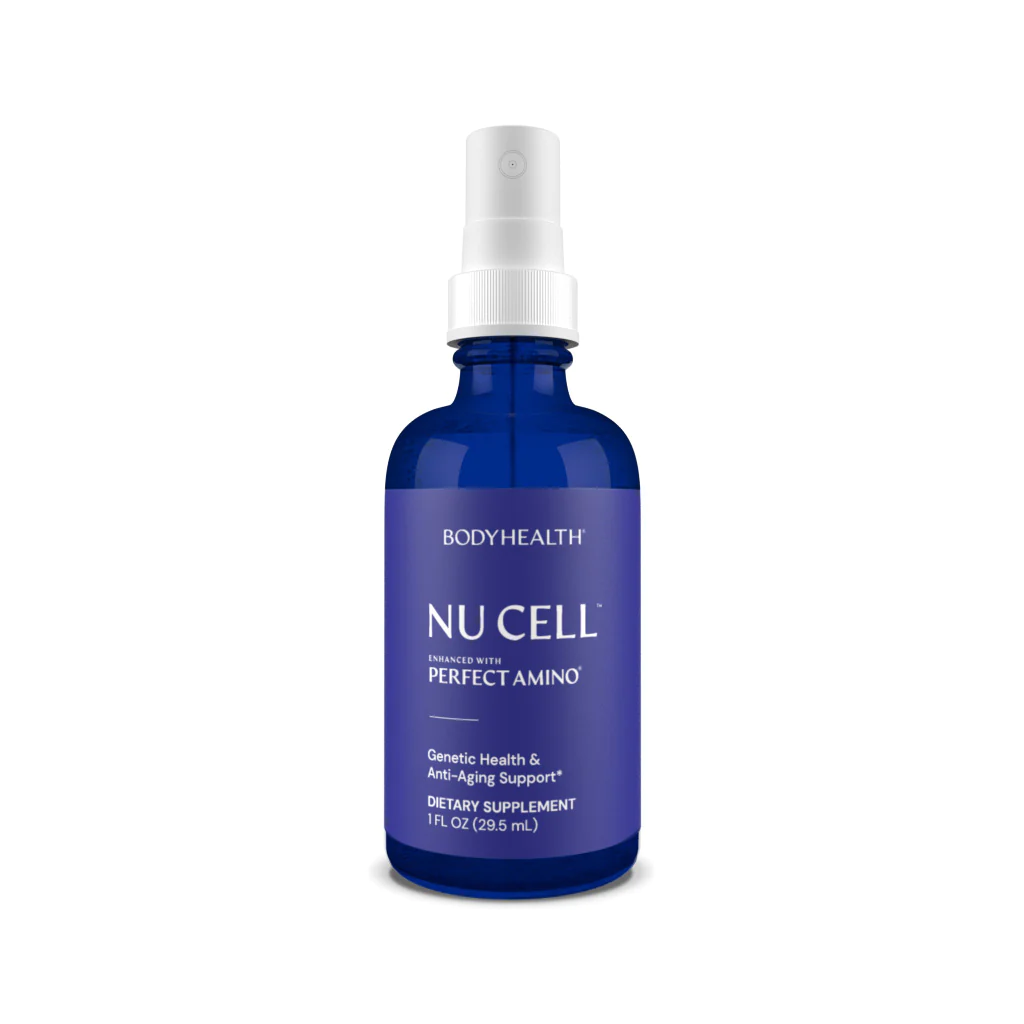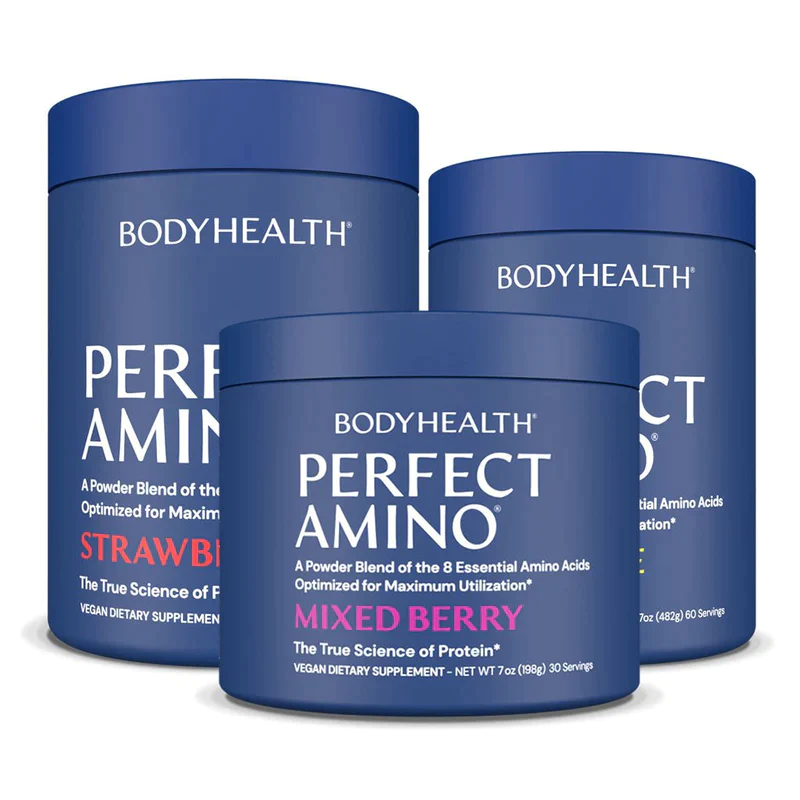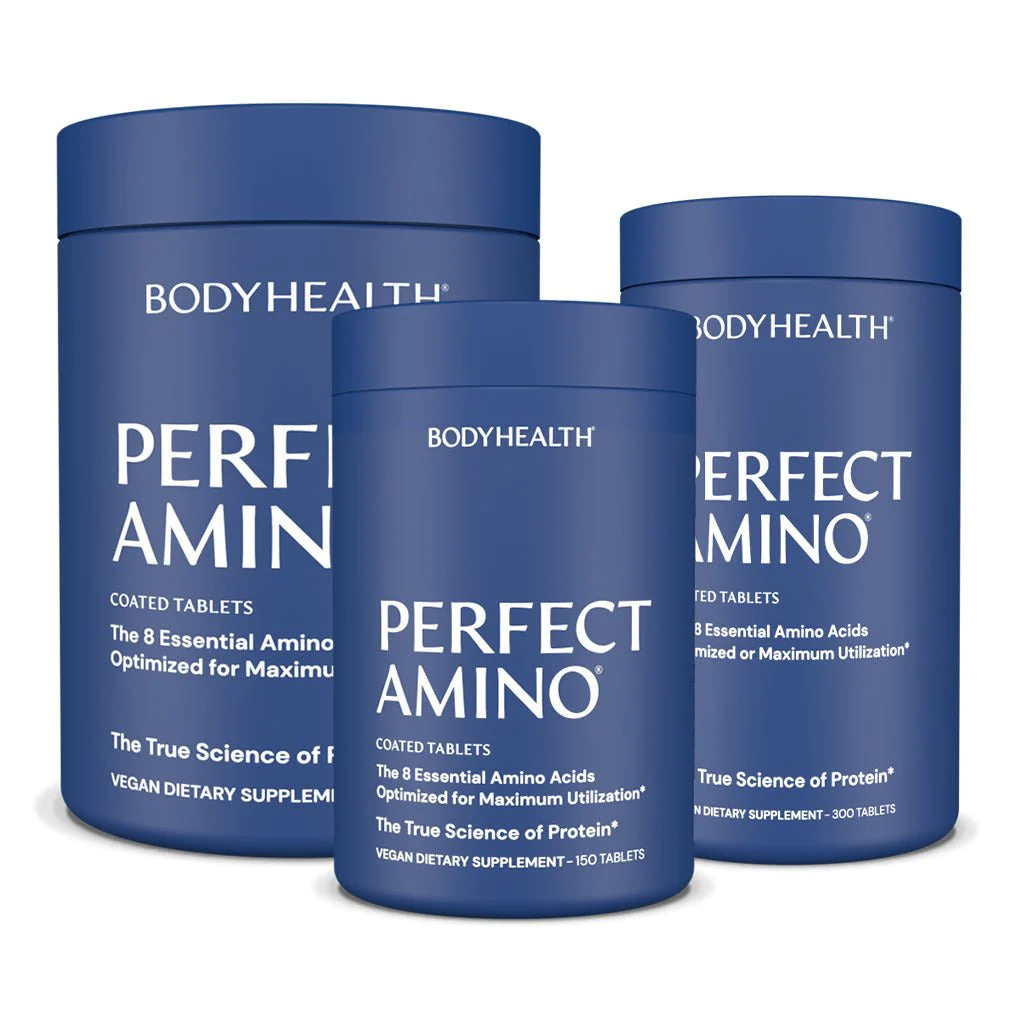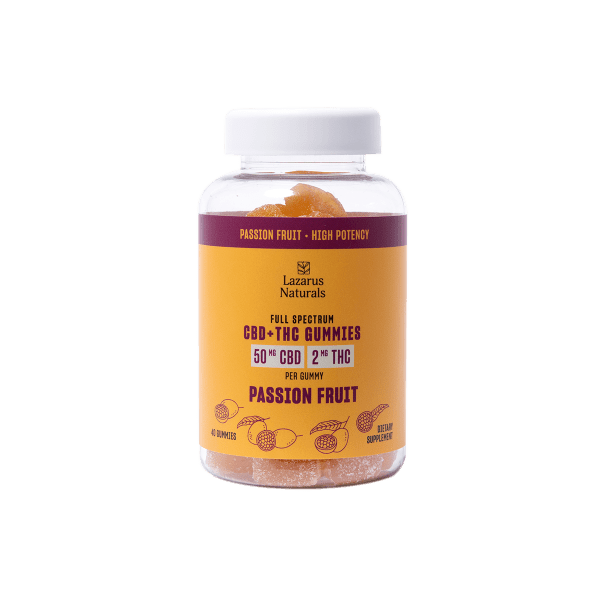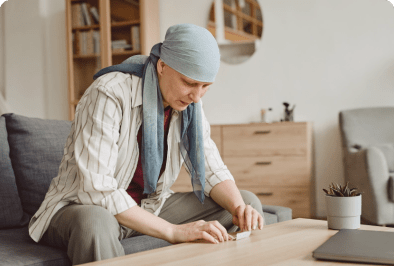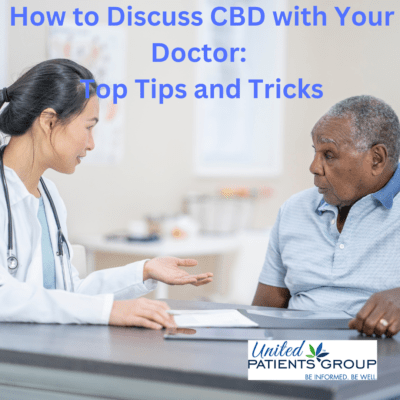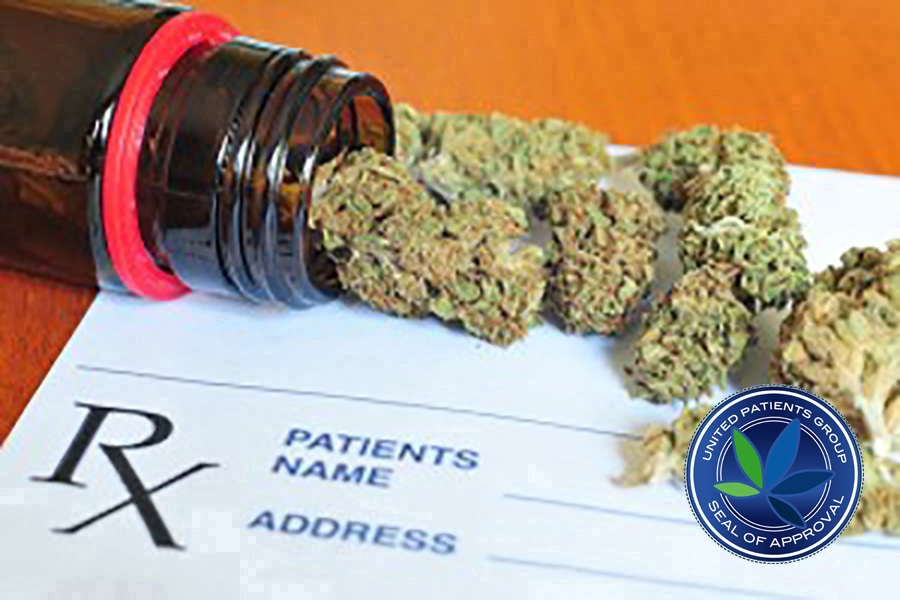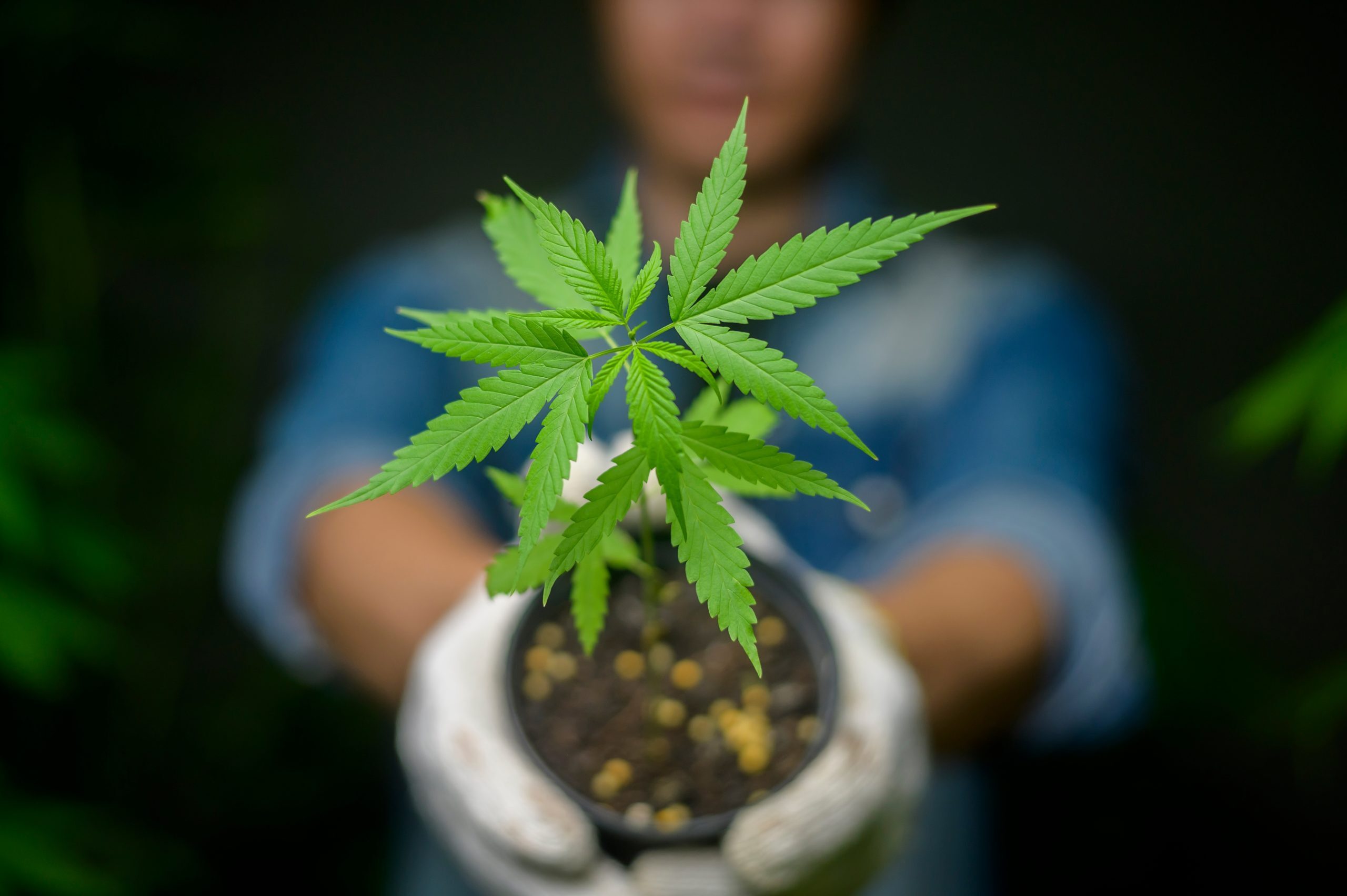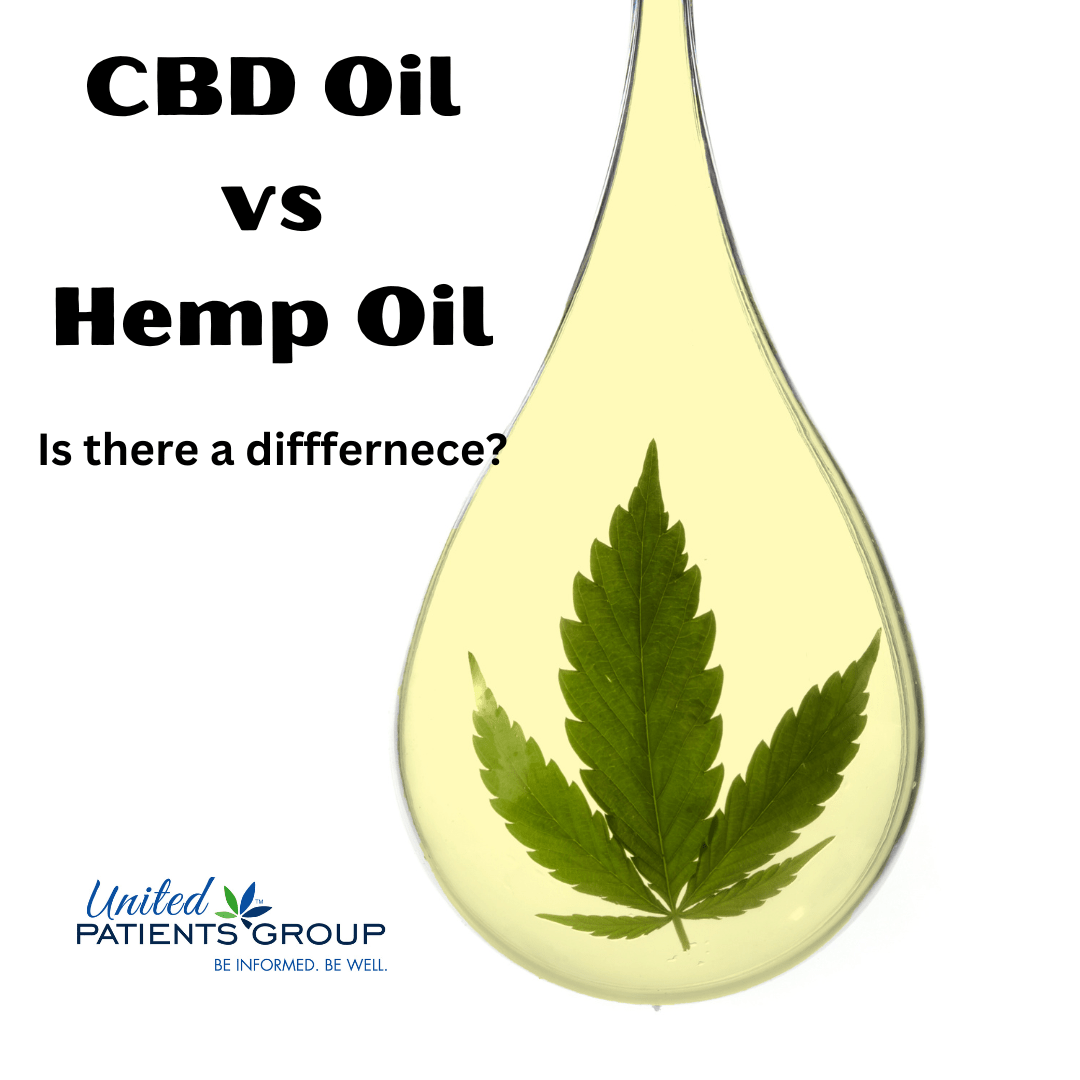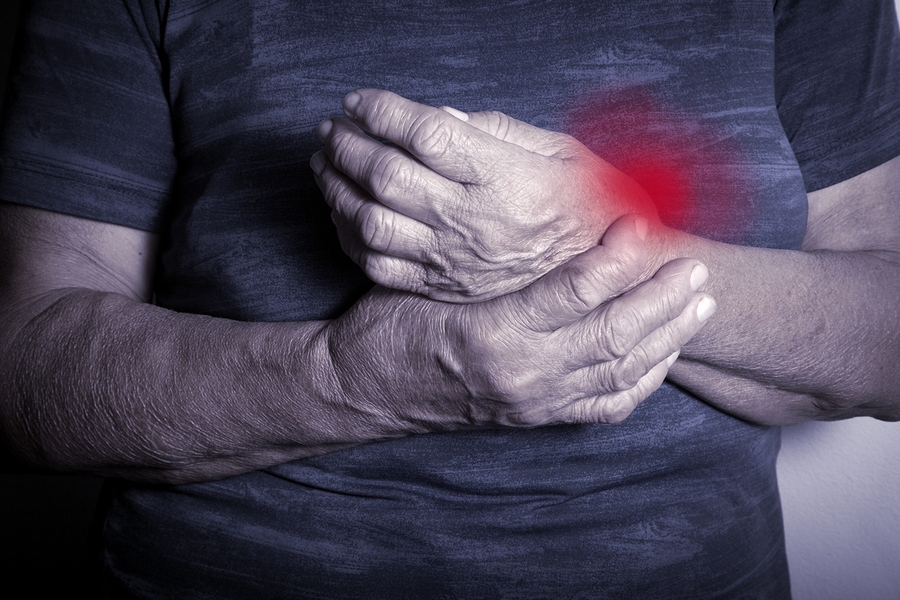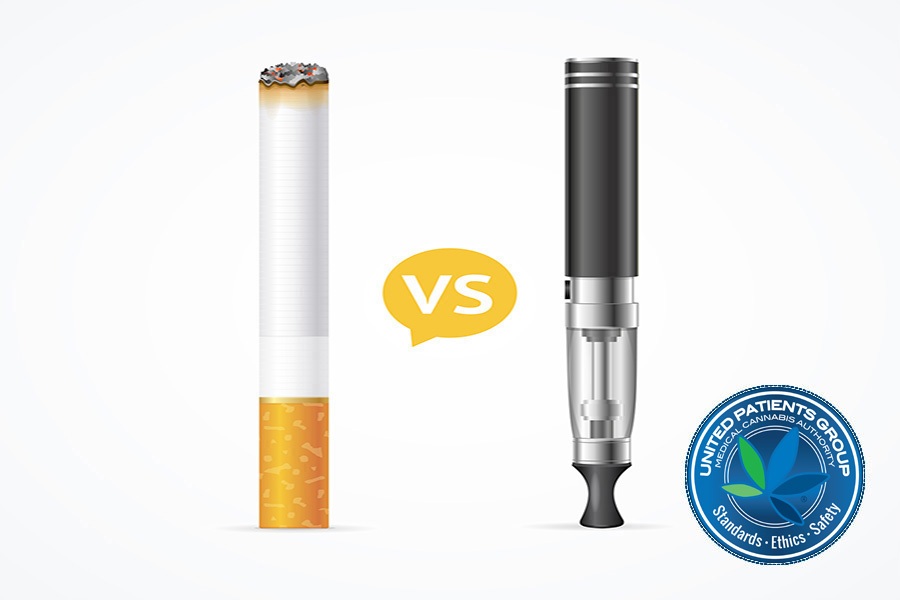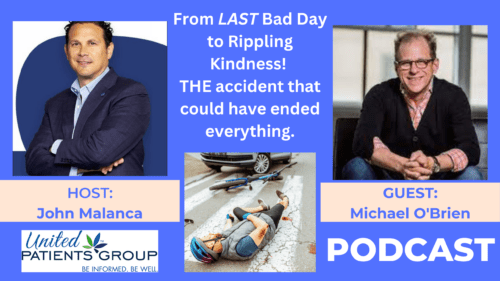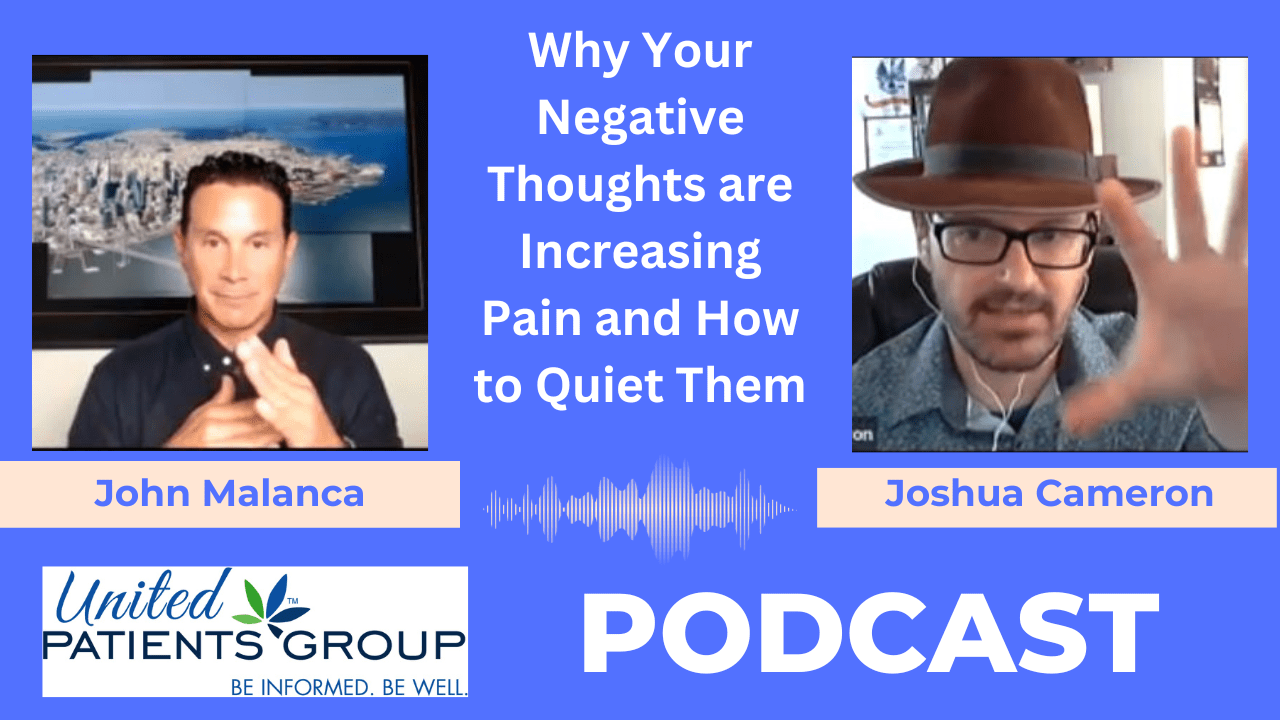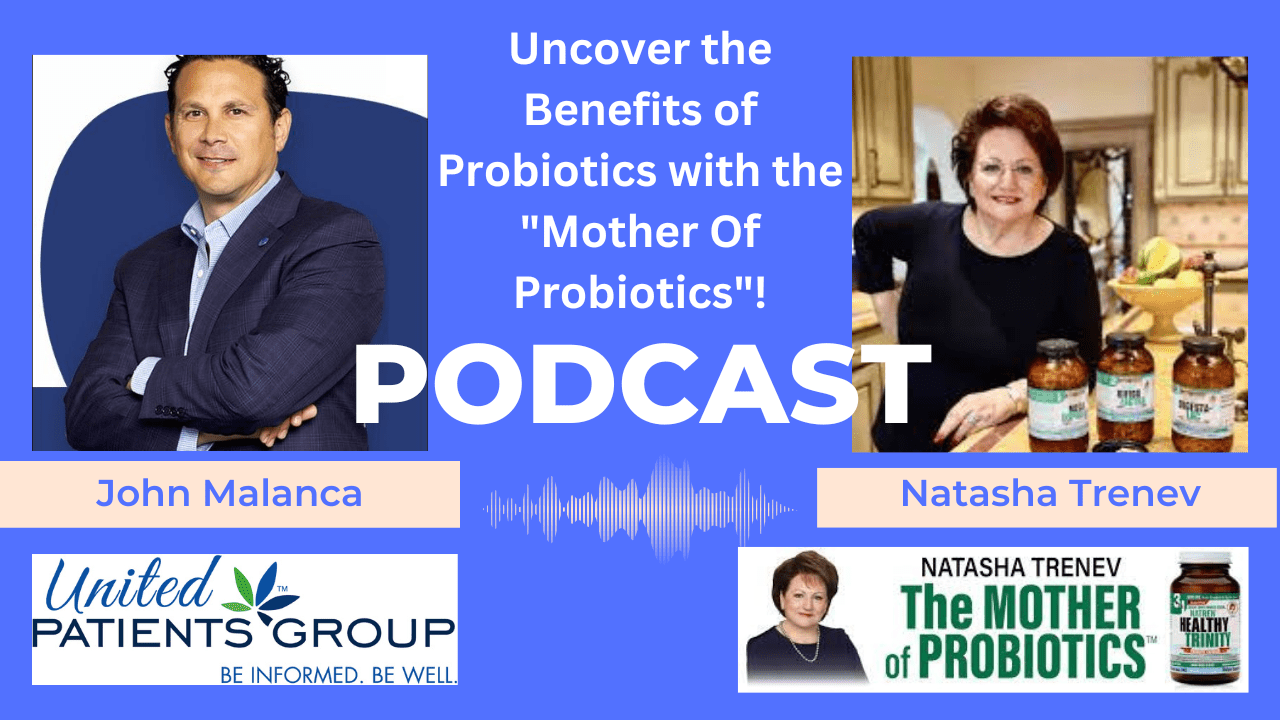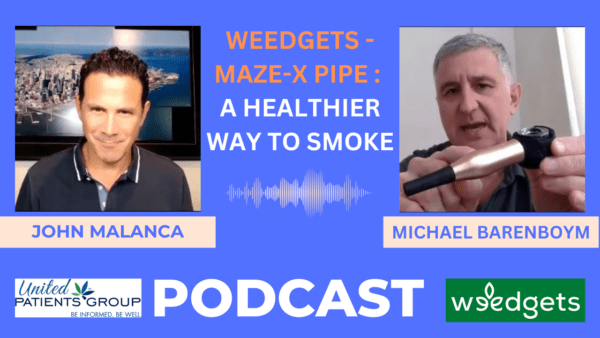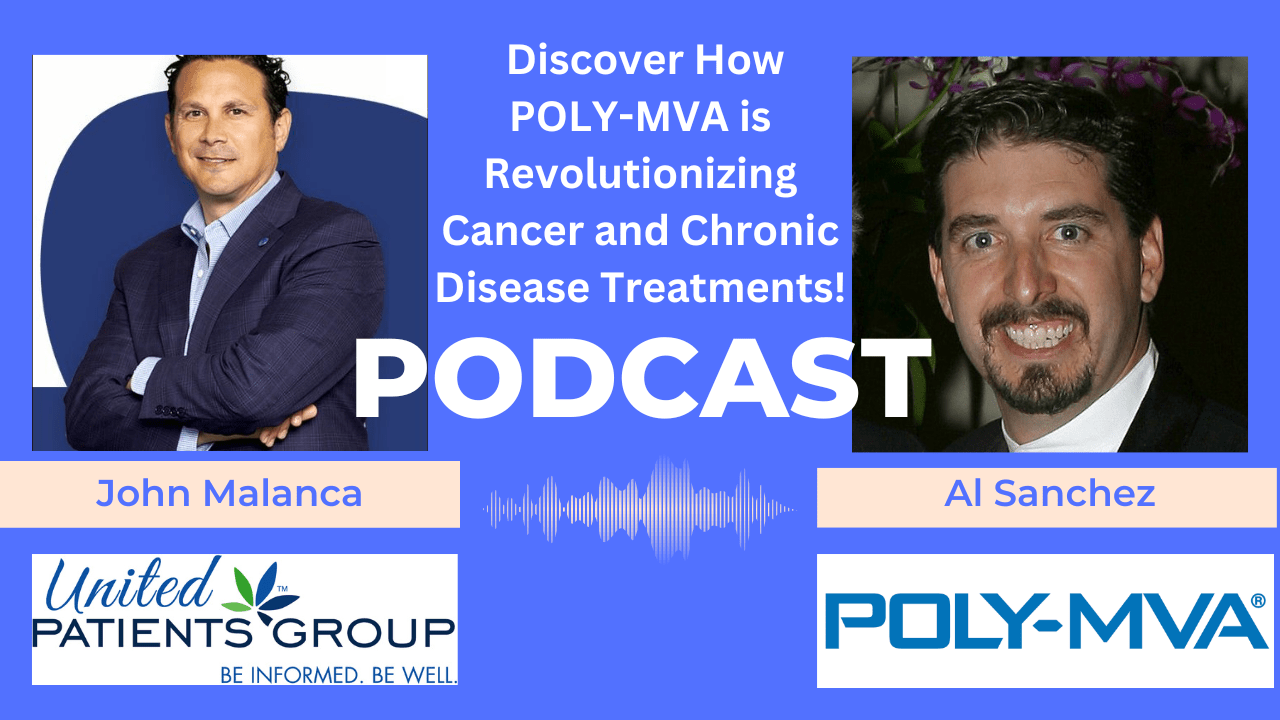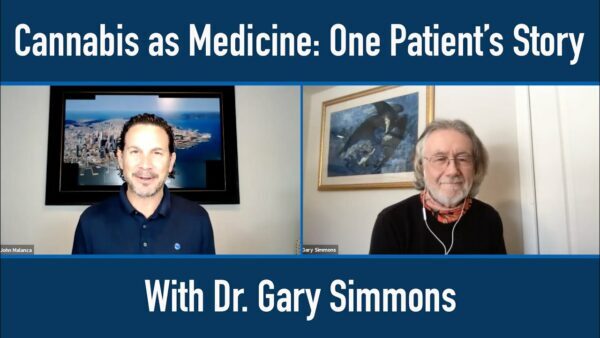Article Topics
 Summertime means long hours at the beach, family barbecues, and getting that toasty shade of golden brown. But with 2016 on track to be the hottest year on record, it also means protecting your skin from harmful UV rays. Data from NASA reports that each consecutive month in 2016 has been the hottest month, respectively, since the commencement of temperature recording in 1880. And because the main cause of skin cancer is UV rays from the sun or tanning beds, now is a good time to start taking preventative measures against skin cancer during this hot, hot summer.
Summertime means long hours at the beach, family barbecues, and getting that toasty shade of golden brown. But with 2016 on track to be the hottest year on record, it also means protecting your skin from harmful UV rays. Data from NASA reports that each consecutive month in 2016 has been the hottest month, respectively, since the commencement of temperature recording in 1880. And because the main cause of skin cancer is UV rays from the sun or tanning beds, now is a good time to start taking preventative measures against skin cancer during this hot, hot summer.
Skin cancer is the most common form of cancer in the US. Data from the Skin Cancer Foundation reveals that there are over 5.4 million cases of non-melanoma skin cancer occurring in the US and that there will be an estimated 76,380 new cases of the most fatal kind of skin cancer, melanoma, in the US in 2016. With these numbers, it’s important to understand how to best protect yourself from developing skin cancer.
The most obvious practice for preventing skin cancer is to shield yourself from UV rays with sunscreen. However, there has been some concern that mainstream sunscreens use chemicals that disrupt your hormones and your endocrine system. So, here are a few alternatives for both preventative measures and treatments:
-
Hemp Sunscreen
There are a number of plants with natural compounds that block UV rays, as they need to protect themselves from the sun as well. Hemp has a SPF of 6, which may be too weak on its own, but when combined with other natural compounds that help block UV rays, you have a nontoxic sunscreen solution.
-
Astaxanthin
This is the antioxidant and carotenoid that gives salmon their pinkish coloring. It protects your skin from harmful UV rays while also preventing DNA damage. You can take it in pill form so it’s a simpler, as well as a nontoxic form of sun protection.
-
Various Seed Oils
Two of the best seed oils you can use to protect yourself from UV rays are Red Raspberry Seed oil and Carrot Seed oil. Red Raspberry Seed oil contains between 28 to 50 SPF and helps to block UV rays. Carrot Seed oil contains between 38 to 40 SPF and, like the Astaxanthin, also has some carotenoid antioxidants as well.
-
Other Oils
Different oils contain varying amount of SPF or other sun-blocking benefits. Wheat germ oil has a SPF of 20, while sesame oil blocks 30% of sunlight so you don’t burn as quickly from the sun. Coconut oil blocks about 20% of the sun’s rays and also promotes production of vitamin D.
-
Nutrition
Many argue that the sun is not the cause of skin cancer. After all, the sun provides much-needed vitamin D, and skin cancer has only proliferated within the last![]() 100 years while the sun has been around, well, much longer than that. The culprit, they say, is poor diet and nutrition that has come about with mass production of food and decreased importance placed on the nutritional value of our diets.
100 years while the sun has been around, well, much longer than that. The culprit, they say, is poor diet and nutrition that has come about with mass production of food and decreased importance placed on the nutritional value of our diets.
In order to keep yourself healthy to prevent skin cancer, or to heal skin cancer if you already have it, it’s important to build your diet with vegetables, grass-fed meats, eggs, wild-caught fish, nuts, and seeds. It’s also recommended that you incorporate plenty of healthy fats into your diet such as avocado, cold-pressed olive oil, coconut oil, ghee, or clarified butter. And don’t forget to include antioxidants. You can find antioxidants in berries, pecans, walnuts, artichoke hearts, cloves, acai berries, cocoa, and garlic.
Treating skin cancer with cannabis oil
The above listed treatments are mainly for preventing skin cancer, but what do you do if you are already afflicted and you don’t want to take the mainstream route such as surgery, radiation therapy or chemotherapy? Although the research is still in early stages due to barriers to research, there is proven evidence that cannabis oil can be used effectively to treat and heal skin cancer.
The human body has receptors that respond to cannabinoids found in marijuana. The two main receptors that have been discovered are CB1 and CB2, both of which are found commonly under the skin. When these receptors are activated, it’s been shown that they cause cell death in certain types of skin cancers.
At the moment, much of the research into cannabis cancer treatment is anecdotal. One story in particular about a woman’s years-long battle with recurring cancer, and her victory with the use of cannabis oil demonstrates the healing powers of this treatment.
After years of battling cancer and using mainstream treatments that killed the cancer, only to have it return time and time again, Donna Esposito sought another way: cannabis oil. Donna reached out to United Patients Group to seek help in developing a regimen which she began in February of 2014. The regimen consisted of FECO Oil (Full Cannabis Extract Oil), and Herbal Aloe Force to stabilize pH balance. After one year of the regimen, Donna has experienced no new lesions, the disappearance of most lesions, and other lesions shrinking to minute sizes. Furthermore, her blood work is better than before she had cancer. Keep in mind that this is all after she was given three to six months to live.
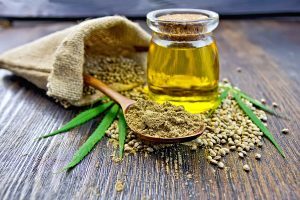 Another cancer patient, David Triplett, developed skin cancer on his nose and was treated successfully in the hospital. But, just like Donna’s experience, the cancer returned. After doing some research, David discovered cannabis oil. He says he used the oil for three to four weeks before he saw any results, but once he did they were dramatic. He reports that the cannabis oil not only healed his nose, but brought cancer to the surface that he hadn’t realized was there, and healed that too.
Another cancer patient, David Triplett, developed skin cancer on his nose and was treated successfully in the hospital. But, just like Donna’s experience, the cancer returned. After doing some research, David discovered cannabis oil. He says he used the oil for three to four weeks before he saw any results, but once he did they were dramatic. He reports that the cannabis oil not only healed his nose, but brought cancer to the surface that he hadn’t realized was there, and healed that too.
As medical marijuana is becoming decriminalized in the US we’re seeing more and more cancer success stories with the use of cannabis. However, outside the US, studies are being conducted that illustrate the effectiveness with hard science. Japanese researchers have shown a 90 percent reduction of skin cancer in mice when treated with synthetic cannabinoids. In Europe, researchers have been studying how the endocannabinoid system fights melanoma – the deadliest form of skin cancer. The study provided evidence that endocannabinoids suppressed and killed cancer cells.
The most important thing to take away from this is to have fun this summer, and to enjoy the sun while being safe and healthy.


